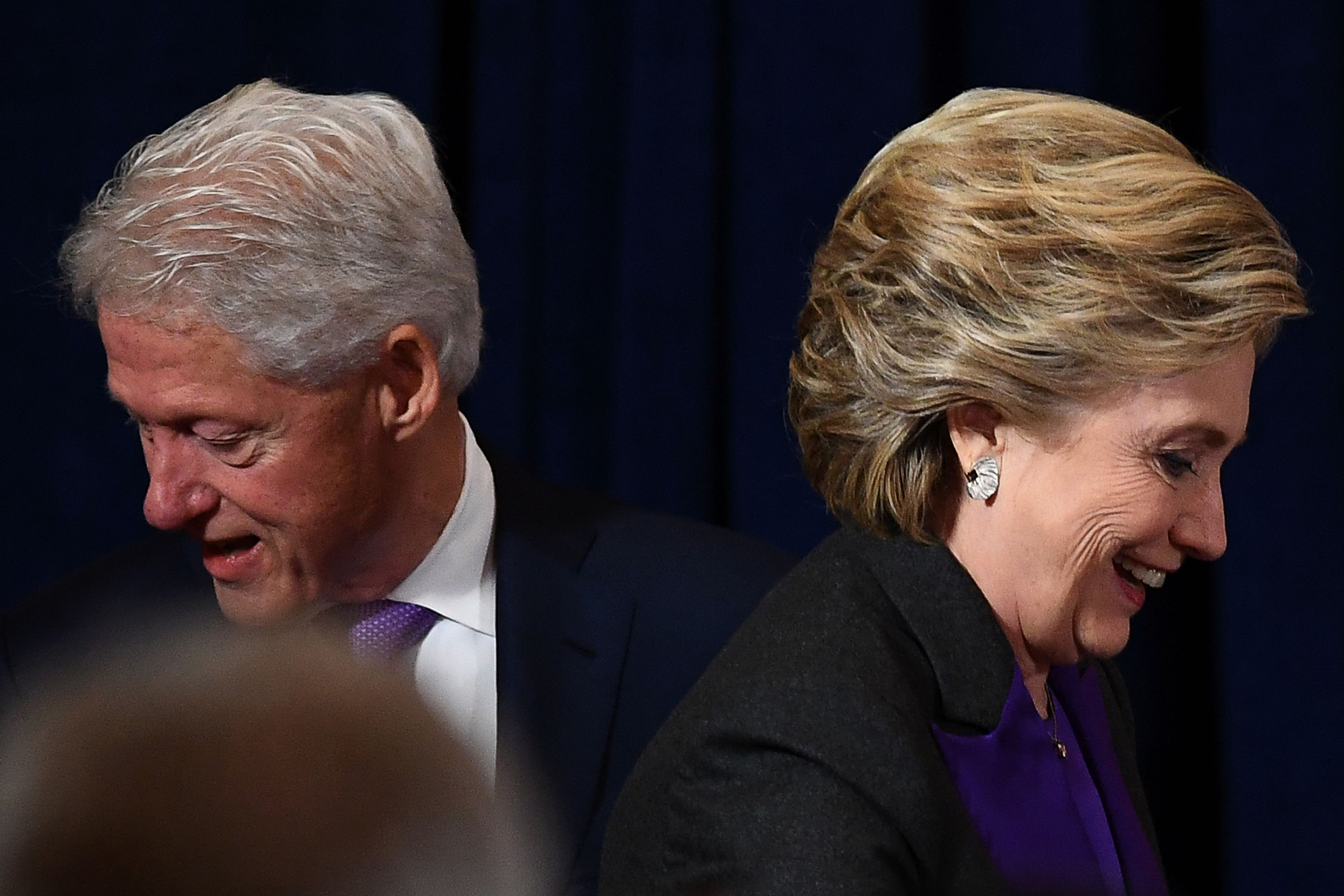Waqas Shabbir |
Chief Justice of Pakistan (CJP) Mian Saqib Nisar has re-emphasized his earlier statements that the decisions of the apex court are apolitical and he does not give judgments based on political affiliations. While passing the remarks over a suo moto case pertaining to the excessive increase in the prices of medicines, CJP stressed, “by God, we have no political agenda”. It is the statement made quite often by CJP.
Continuing his comments, the CJP clarified that accusations hurled at him are baseless as he is merely trying to fight the social evils/issues. Giving an example of the pension case, CJP said, SC increased the pension of widows from Rs. 1300 to Rs. 8000 to at least facilitate them in the purchase of painkillers.
If suo moto was taken against Tallal Chaudhry and Daniyal Aziz for contemptuous speeches, why was not such action taken against Khadim Hussain Rizvi of Tehreek-i-Labbaik Ya Rasool Allah (TLP), who lambasted CJP during the Islamabad sit in?
He has faced a barrage of criticism from commentators and political analysts over his political meddling, especially after ousting Nawaz Sharif twice from both premiership and party leadership position one after the other. The CJP argued that he only took his initiatives to do things for the rights of the people in the country. He said, “he no longer wants to deal with the political cases.”
Under pressure from Nawaz over his onslaught and aggressive campaign to discredit the credibility of the apex court, the CJ very often defended himself and attempted to come clean over the allegations deemed to question his integrity.
Read more: “Article 62(1)(f) is difficult to define”, observes CJP
His clarifying statements only reflected him being under pressure over the allegations of working on behest of the establishment and favoring PTI chairman Imran Khan against Nawaz. He recently admitted that the Supreme Court was heading in the wrong direction and was distracted. But, it’s never too late to set the direction and make amends for past mistakes.
CJP Saqib Nisar is also criticized in some circles for taking too many suo moto cases. It reflects the acute injustices in Pakistan’s society, where police and judicial system has failed to provide justice to masses and right of access to justice has been violated.
Pakistan’s justice system is in an appalling state. It is not possible for an ordinary person to go to court and get relief. In such an untrustworthy and highly questionable system, how would one expect to witness the rule of law and justice on facts?
“This is a people-friendly jurisdiction and its use has had immense benefits for a large number of people who are underprivileged and don’t have the means of accessing the prevalent judicial system which is both expensive and prone to unacceptable delays,” Justice Khawaja remarked on the suo moto approach.
Being part of the system, where justice to common people is denied, prompted CJP to take suo moto actions hoping to restore the collapsed reputation of the system. It is the reason why CJP remarked after disqualifying Nawaz for the second time that he is a fighter who would continue to fight.
Read more: The judiciary is not part of any ‘planning’ or for derailing…
He clarified later that he was actually fighting a social menace and is making efforts to provide basic necessities to the people of the country. Scrutinizing CJP Saqib for deciding to take up controversial political cases is justified to some extent. But blaming him for pursuing suo moto cases is only partially justifiable because those tainted politicians or anyone passing scathing remarks over the honorable judge should be dealt with appropriately.
Under pressure from Nawaz over his onslaught and aggressive campaign to discredit the credibility of the apex court, the CJ very often defended himself and attempted to come clear over the allegations deemed to question his integrity.
Nevertheless, this approach should be across the board. Sparing a religious party leader and taking notices only against one particular political party and that even over the selected individuals questions the intentions of the judge and quality of justice.
Read more: CJP threatens to take over Evacuee Trust board over Katas Raj
Pakistan’s justice system is in an appalling state. It is not possible for an ordinary person to go to court and get relief. In such an untrustworthy and highly questionable system, how would one expect to witness the rule of law and justice on facts? This is why seemingly apolitical investigative reports on the corruption of global big-wigs in Panama Papers was rightly perceived as a conspiracy against the ruling family and Pakistani elite.
Resultantly, CJP has to justify himself because, under pressure from the incumbent government, he seems to struggle to keep consistency, which puts question marks over his credibility. If suo moto was taken against Tallal Chaudhry and Daniyal Aziz for contemptuous speeches, why was such action not taken against Khadim Hussain Rizvi of Tehreek-i-Labbaik Ya Rasool Allah (TLP), who lambasted CJP during the Islamabad sit in?














